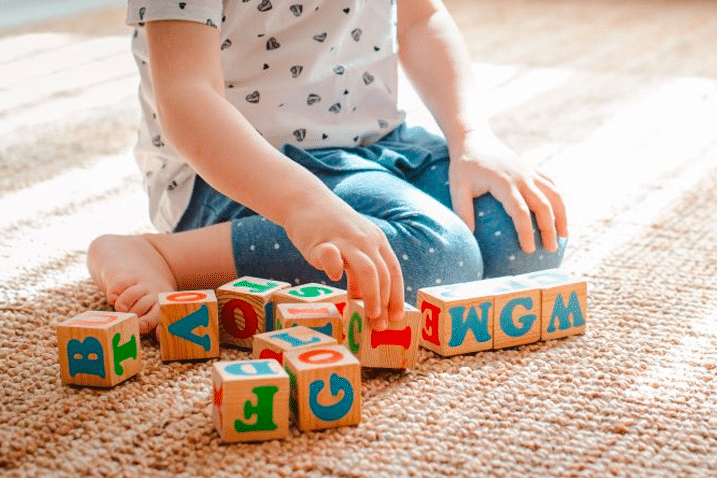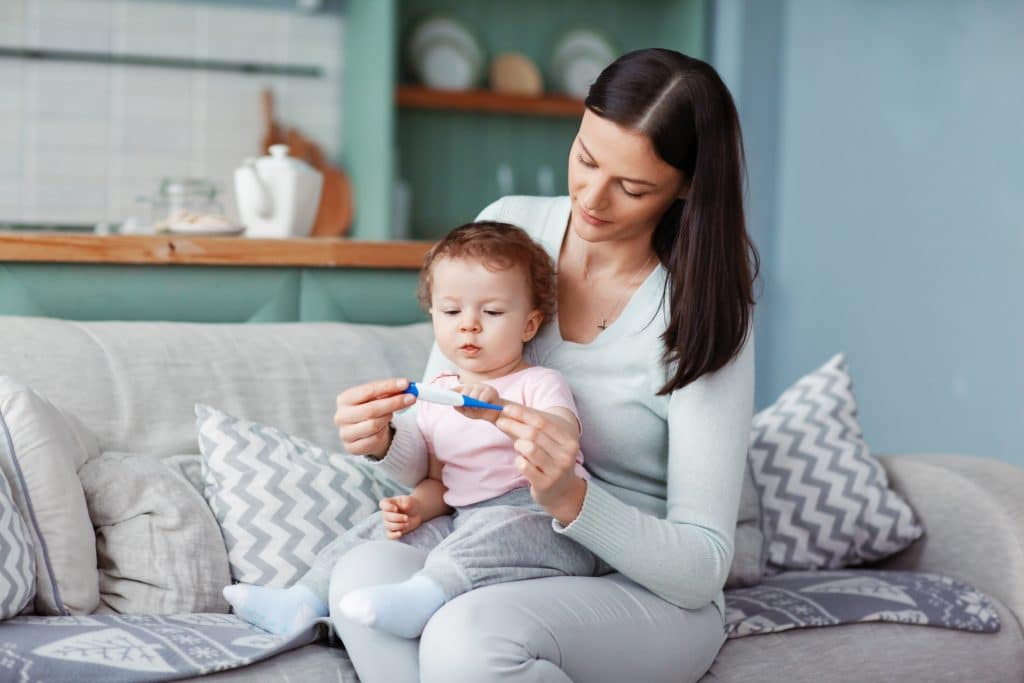Your Toddler’s Growth
You will find useful information needed to pamper your toddler’s need.
Children develop at different rates, and that’s completely fine, but here is a rough breakdown of what to expect in your toddler’s early development and a few tips for how you can encourage it.
12th Month
Physical features & gross motor skills
What most 12 months old children do at this age?
- Be 3 times the birth weight
- Grow to a height of 50% over birth length
- Have one to eight teeth
- Stands by his or herself
- Walk alone or when holding one hand
- Sit down without help
- Bang two blocks together
- Turn through the pages of a book by flipping many pages at a time
- Picks up a small object using the tip of the thumb and index finger
- Sleep 8 – 10 hours a night and take one to two naps
Sensory & cognitive development
What most 12 months old babies do at this age?
- Begins pretend play (such as pretending to drink from a cup)
- Responds to his or her name
- Can say Mama and at least one or two other words
- Understands simple commands
- Tries to imitate animal sounds
- Connects names with objects
- Participates in getting dressed like raising their arms
- Plays simple back and forth games, for example with a ball
- Points to objects with index finger
- Waves bye
- May develop attachment to a toy or object
- Experiences separation anxiety and may cling to parents
Social
How can you encourage your 12 months old baby’s cognitive development, by playing?
- Provide picture books
- Provide different stimuli, such as going to the mall or zoo
- Play ball
- Build vocabulary by reading and naming people and objects in the environment
- Teach hot and cold through play
- Provide large toys that can be pushed to encourage walking
- Sing songs
- Have a play date with a child of a similar age
- Avoid television time until age 2
- A transitional object may help with separation anxiety
18th Month
Physical features & gross motor skills
What most 18 months old babies do at this age?
- Is growing at a slower rate and has less of an appetite compared to months before
- Is able to control the muscles used to urinate and have bowel movements but may not be ready to use the toilet themself
- Runs stiffly and falls often
- Is able to get onto small chairs without help
- Walks up stairs while holding on with one hand
- Can build a tower of two to four blocks
- Can use a spoon and cup with help to feed himself
- Imitates scribbling
- Can turn two or three pages of a book at a time
Sensory & cognitive development
What most 18 months old babies do at this age?
- Shows affection
- Has separation anxiety
- Listens to a story or looks at pictures
- Can say 10 or more words when asked
- Kisses parents with lips puckered
- Identifies one or more parts of the body
- Understands and is able to point to and identify common objects
- Often imitates
- Is able to take off some clothing items, such as gloves, hats, and socks
- Begins to feel a sense of ownership, identifying people and objects by saying “my”
Social
How can you encourage your 18 months old baby’s cognitive development, by playing?
- Encourage and provide the necessary space for physical activity
- Provide safe copies of adult tools and equipment for the child to play with
- Allow the child to help around the house and participate in the family’s daily responsibilities
- Encourage play that involves building and creativity
- Read to the child
- Encourage play dates with children of the same age
- Avoid television time before age 2
- Play simple games together, such as puzzles and shape sorting
- A transitional object may help separation anxiety
2 Years
Physical features & gross motor skills
What most 2 years old toddlers do at this age?
- Able to turn a door knob
- Can browse through a book one page at a time
- Can build a tower of 6 to 7 cubes
- Can kick a ball without losing balance
- Can pick up objects while standing, without losing balance
- Can run with better coordination
- May be ready for toilet training
- Should have the first 16 teeth (the actual number of teeth can vary widely)
- At 24 months, they are about half their final adult height
Sensory & cognitive development
What most 2 years old toddlers do at this age?
- Able to put on simple clothes without help & are often better at removing clothes than putting them on
- Able to communicate needs such as thirst, hunger, need to use the restroom
- Can organize phrases of 2 – 3 words
- Understand 2-step command like “give me the ball and then get your shoes”
- An increased attention span
- Vision fully developed
- Vocabulary has increased to about 50 – 300 words (healthy children’s vocabulary can vary widely)
Social
How can you encourage your 2 years old toddler’s cognitive development, by playing?
- Allow the child to help around the house and participate in the daily family responsibilities.
- Encourage and provide the necessary space for physical activity.
- Encourage play that involves building and creativity.
- Provide safe copies of adult tools and equipment. Many children like to mimic activities such as cutting the grass or sweeping the floor.
- Read to your child.
- Try to avoid watching television at this age.
- Control both the content and quantity of television viewing. Limit television viewing to fewer than 3 hours per day, and preferably 1 hour or less. Avoid programming with violent content. Redirect the child to reading or play activities.
- Control the type of games played.
Note
Remember that children develop at different rates & if you have concerns about your child’s development, contact a medical professional.
Further Reading
Between 12 and 24 months old, toddlers develop in fascinating, exciting and surprising ways.
Between the ages of 2 and 3 years old, your toddler will develop important skills and show you more of their unique personality.




